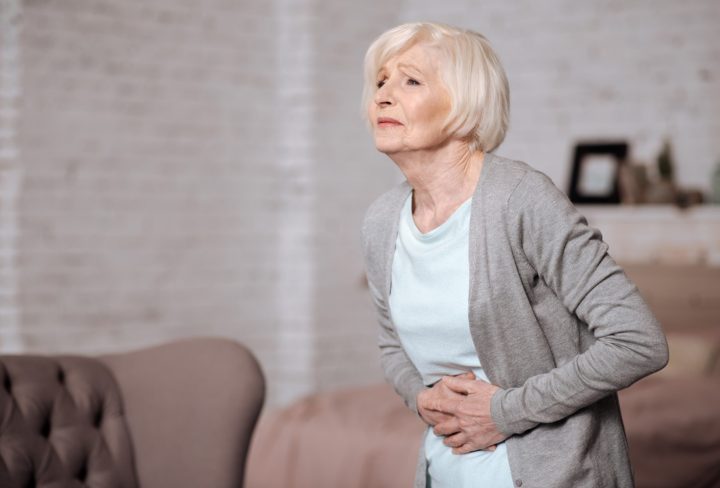Menopause is the end of woman’s menstrual periods, and she can no longer bear children. It is a natural part of aging and usually occurs between 45-55 years.
During menopause, a woman’s body goes through many changes due to decreasing levels of the hormones.
Symptoms of Menopause
- Irregular Periods
- Hot Flashes
- Night Sweats
- Mood Swings
- Vaginal Dryness
- Decreased Libido
- Weight Gain
- Sleep Disturbances
- Fatigue
- Thinning Hair
- Breast Tenderness
- Memory Problems
- Joint Pain
- Urinary Problems
Causes of Menopause
- Natural Aging
- Surgery
- Radiation Therapy
- Certain Medications
- Certain Medical Conditions (pituitary gland disorders or thyroid disease)
- Lifestyle (Poor diet, stress, excessive smoking, and alcohol)
Diagnosis of Menopause
- Medical History
- Physical Examination
- Blood Tests (To measure hormone levels and confirm the diagnosis)
- Bone Density Scan or Pelvic Ultrasound (To rule out other conditions)
Treatment for Menopause
Menopause is a natural process and does not need treatment in most cases.
In a few cases, treatment focus on relieving your signs and symptoms which include:
- Hormonal Therapies
- Medications
- Lifestyle Changes
Complications of Menopause
- Heart Disease
- Osteoporosis (Weak Bones)
- Urinary Incontinence (Involuntary loss of urine)
- Vaginal Dryness
- Hot Flashes (Sweating and Flushing)
- Mood Swings
- Weight Gain
Lifestyle Changes for Menopause
- Eat a Balanced Diet
- Exercise Regularly
- Limit Alcohol
- Identify and Manage Stressors
- Get Enough Sleep
- Try Natural Remedies (yoga, meditation, and herbal supplements)
Diet Changes for Menopause
Changing your diet can sometimes help relieve menopause symptoms.
Foods to include:
- Soybeans
- Chickpeas
- Lentils
- Flaxseed
- Grains
- Beans
- Fruits
- Vegetables
menopause is a natural biological process that all women go through, and while it can be challenging, it doesn’t have to be debilitating. By staying active, eating a healthy diet, getting enough sleep, talking to your doctor, practicing stress reduction techniques, and joining a support group, women can manage the symptoms of menopause and improve their overall quality of life. Remember, menopause is just another chapter in your life, and with the right mindset and coping strategies, you can embrace it and continue to thrive.

